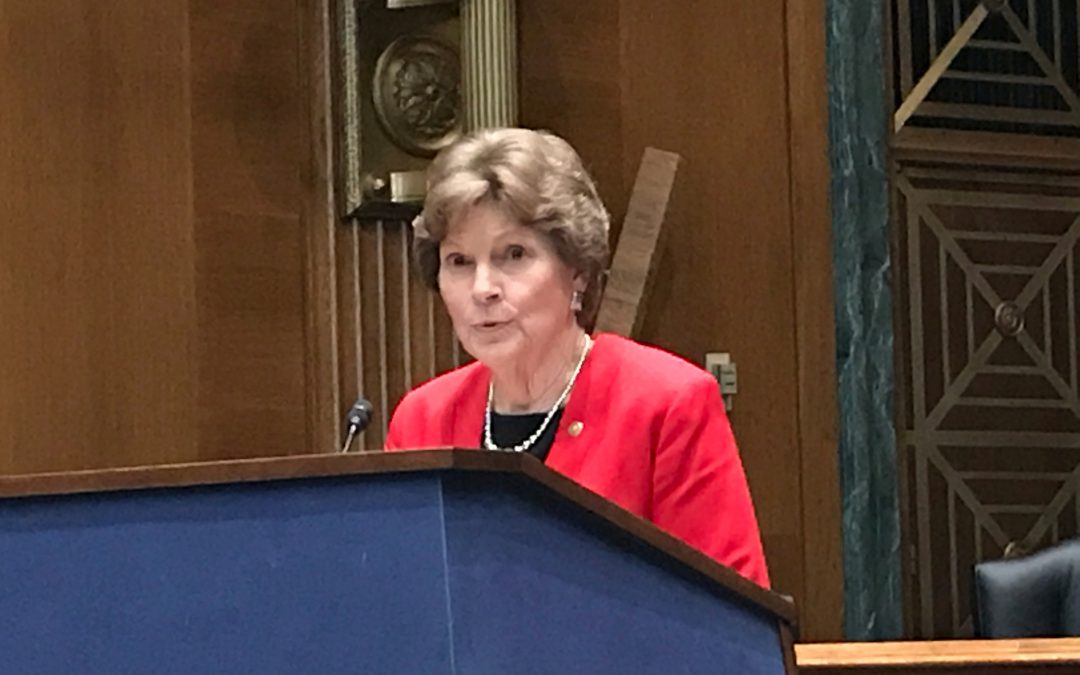WASHINGTON — The U.S. should act against a contentious Russia’s gas pipeline project, supporting the European Union’s energy security, a U.S. senator said Wednesday.
“Russia has a track record of weaponizing natural gas,” said Sen. Jeanne Shaheen, the New Hampshire Democrat on the Senate Foreign Affairs subcommittee on European affairs, adding that the U.S. has no reason to help Russia move forward with its gas pipeline project.
It would “give Russia even more options for influencing and intimidating Europe, specifically Ukraine,” she said.
The Nord Stream 2 pipeline, which would connect Russia through the Baltic Sea to Greifswald in northeast Germany, is opposed by some EU countries led by Poland. They say the project has antitrust issues and goes against the EU’s objective to diversify energy sources, reduce reliance on Russia and keep gas flowing through existing pipelines in Ukraine.
Nord Stream 2 is expected to double the capacity of the existing pipeline following largely the same route to the lucrative European market.
The Obama administration and the EU have worked against Nord Stream 2, saying that the project, once completed in 2019, would allow Russia state-owned gas giant Gazprom to divert its European shipments away from Ukraine, which depends heavily on transit revenue paid by Gazprom.
The Obama administration identified European energy security as a “high-profile U.S. priority,” Shaheen said. “The Trump administration, I believe, will be well advised to continue this important priority.”
The Trump administration’s position on the issue is still unclear. President Donald Trump will meet with the EU officials and NATO leaders on Thursday during his visit to Brussels.
The European Commission has admitted that it lacks authority on offshore pipelines, meaning that the opposition to the Nord Stream 2 has yet to find a legal basis.
German Chancellor Angela Merkel has been a driving force behind EU economic sanctions against Russia over its intervention in Ukraine, but she has supported Nord Stream 2, calling it a commercial project.
“Cooperation with Putin’s Gazprom should not be regarded as just another ‘trade decision’ or form of business as usual’,” said Ilya Zaslavskiy, author of an Atlantic Council research paper, “The Kremlin’s Gas Games in Europe: Implications for Policy Makers.” He said that the revenues from oil and gas would increase Russia’s geopolitical influence in Europe.
Despite strong political opposition, Gazprom achieved a breakthrough in its plan in April as five EU energy companies agreed to pay for half of the 9.5 billion euro ($10.6 billion) project. A previous funding plan through a joint venture between the same companies was blocked by Poland.


